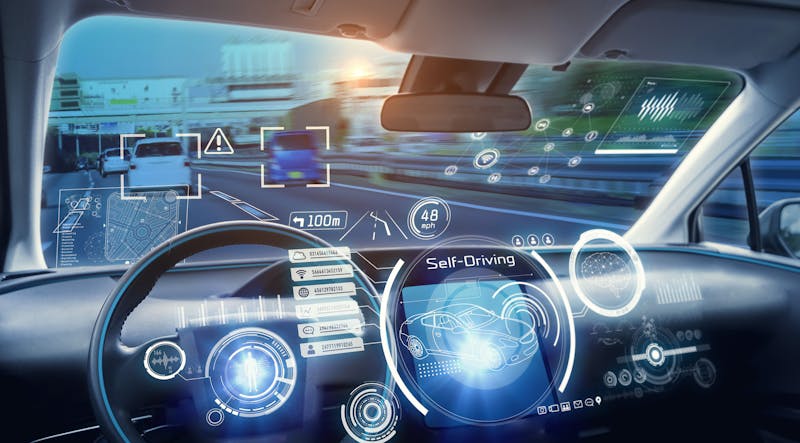Austin, Texas, has recently begun testing and deploying self-driving cars. These autonomous vehicles are transforming the city’s transportation landscape. However, they raise important questions about liability and the legal implications of self-driving car accidents.
Several companies, such as Cruise, a subsidiary of General Motors, have expanded their driverless rideshare services in Austin, leveraging the city’s infrastructure to mimic the challenges of larger metropolises like downtown San Francisco and Phoenix. However, many question the idea of autonomous vehicles navigating the streets. According to information from the National Highway Traffic Safety Administration (NHTSA), there have been several ADS (Automated Driving System)-involved crashes in Austin. Of these ADS crashes, 108 resulted in no injuries, 12 included minor injuries, three featured moderate injuries, and one involved serious injuries. In eight of these crashes, the conditions of those involved remain unknown. These incidents underscore the need for comprehensive legal frameworks to address accidents involving self-driving cars.
Austin’s reputation for being open to innovation and technology has made it an attractive destination for self-driving car manufacturers and tech companies. In 2017, Texas passed Senate Bill 2205, which granted the state full authority over autonomous vehicles. This legislation prohibits local governments from attempting to regulate self-driving cars and emphasizes the state’s commitment to fostering a positive AV testing and deployment environment.
While legislation supports AV testing, many Texas natives question it. Videos of these self-driving cars malfunctioning and causing major traffic buildups are going viral online, causing citizens to fear for the reputation and safety of their historic city. So, not only is there the danger of the driverless cars themselves to consider, but now, distracted drivers are pulling out their cellphones to record or photograph driverless cars; paying less attention to the road and more attention to the self-driving cars stuck in a construction zone.
One of the key questions that SB 2205 addresses is the issue of liability in the event of a traffic violation by a self-driving car. Under state law, the “owner of the automated driving system is considered the operator of the automated motor vehicle,” regardless of whether a human is physically present in the vehicle. This raises complex legal questions about responsibility and accountability when accidents occur. Understanding the legal implications of self-driving cars is crucial for residents and companies operating in this space.
If you or a loved one have been involved in an accident regarding a self-driving car, it’s essential to consult with an experienced personal injury attorney who can navigate the complexities of this evolving legal landscape and protect your rights. Our team is here to personally assist you in every step of the process; please contact us for a free consultation today.


